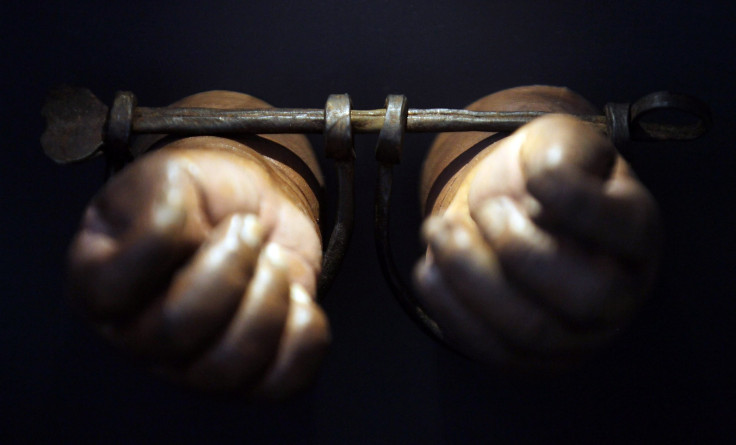The Economist Magazine Apologizes For Book Review Complaining Black Slaves Portrayed as 'Victims'

The Economist, the prestigious British weekly, has apologized for publishing a book review about American slavery that complained it represented all black people as "victims" and their white owners as "villains."
The review of Edward Baptist's history book "The Half Has Never Been Told: Slavery and the Making of American Capitalism" was widely condemned after its anonymous author wrote that it did not offer an "objective history" of slavery.
The review, which lacked the byline seen in most Economist articles, attempted to argue that not all slaves would have been severely abused as some their owners had a "vested interest in keeping their 'hands' ever fitter and stronger to pick more cotton."
"Some of the rise in productivity could have come from better treatment," the author added.
In the final few lines of the review, the author wrote: "Mr. Baptist has not written an objective history of slavery. Almost all the blacks in his book are victims, almost all the whites villains. This is not history; it is advocacy."
There were further complaints after the article featured a photo of Lupita Nyong'o's character from the Oscar-winning film "12 Years a Slave" with the caption: "Patsey was certainly valuable property."
Following the huge outcry, the Economist apologized for the offense caused and said black slaves in the U.S. were never "willing participants and beneficiaries of that evil."
In an editor's note, the Economist added: "There has been widespread criticism of this, and rightly so. Slavery was an evil system, in which the great majority of victims were blacks, and the great majority of whites involved in slavery were willing participants and beneficiaries of that evil.
"We regret having published this and apologise for having done so."
The magazine said it will keep the review online in the interest of transparency. Meanwhile, it was mocked in many parody versions:
Really, the great white shark in Jaws should be praised for putting those children out of their misery. #economistbookreviews
— David Shiffman (@WhySharksMatter) September 5, 2014Objective history is clear: Primo Levi survived & Auschwitz did not, yet in his book he represents Jews as the victims #economistbookreviews
— Philip Gourevitch (@PGourevitch) September 5, 2014The 9/11 Commission Report does nothing to address the substantial boost to American flags & related merchandise #economistbookreviews
— Despicable G (@GracieG) September 5, 2014The author, Baptist, said the review still proves there are people in the world who believe slavery was a "mild, paternalist institution."
He told The Wire: "Many of them are powerful. And their ideas still influence public policy and public discussion of race. So it is a good thing to flush out the ideas and reveal them for what they are."
© Copyright IBTimes 2025. All rights reserved.





















